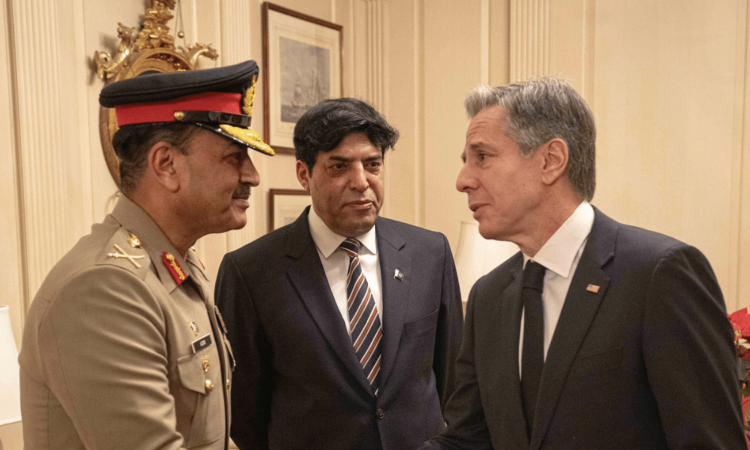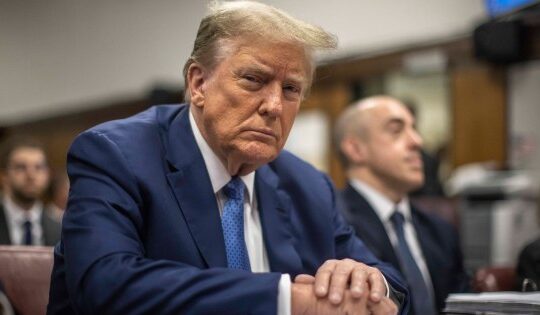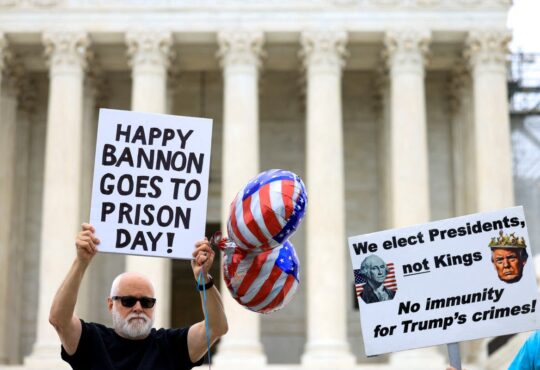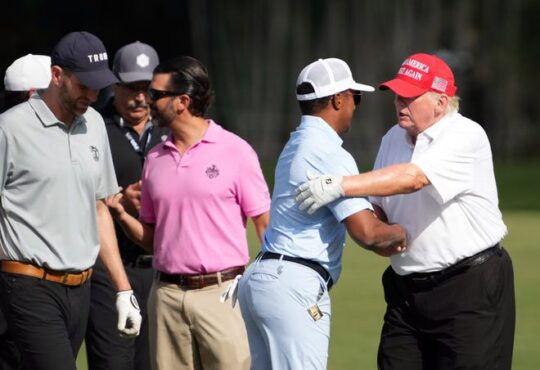
Trade and Afghanistan route
The army chief was keen on keeping the conversation limited to geo-politics and Pakistan’s economic future. This means negligible talk on the situation in the Middle East in which Pakistan has little role to play. Indeed, Munir’s attention was on finding ways to strengthen bilateral ties with the United States. It is worth remembering that Munir’s predecessor, General Qamar Javed Bajwa, had made several efforts to secure a visit to the US, which was finally granted in 2022, just before his retirement. During his tour, Bajwa had appealed to the Biden administration to resume military ties with Pakistan. In fact, he had managed to secure an approval over the sale of F-16 fighter aircraft spares worth $450 million.
Munir’s aim is similar—bolster military and financial ties. It ought to be noted that Munir visited the US capital not just as a service chief but a de facto martial law administrator, who is firmly in charge of Pakistan’s political future and economic direction. Not that one expects a major development regarding bilateral relations at the end of the tour, but if he manages to bring back some confidence in US-Pakistan ties in his parting goodie bag, it will add to his bargaining power and influence at home. But that ‘confidence’ will enter the scene only if Munir is able to build a rapport with Washington on some key issues.
The success, however, would be limited. The General, driven by the the hope for greater military cooperation, especially increased training opportunities and weapons, is unlikely to achieve much—except perhaps kickstart a discussion that may eventually lead to the Biden administration asking the Congress to permit sale of weapons to Pakistan.
It is learnt through sources that Munir emphasised Pakistan’s ‘sacrifices’ as part of counterterrorism operations and the goal of achieving American objectives in Afghanistan, which remains the key strategic connection between the two countries. Pakistan’s growing counterterrorism concerns have led to policy changes such as evicting about 1.7 million Afghan refugees, including those that the US intended to take home. Some in the Pakistan Army are keen on launching military operations inside Afghanistan, an idea that has found resonance in certain circles in the UK as well. Munir certainly seemed interested in seeking Washington’s reaction to it, according to sources. Nonetheless, even with Western help, any kinetic operation in Afghanistan will come with a huge cost for Pakistan and therefore must be avoided. Any war that starts in Afghanistan will not end in Afghanistan.
Also read: Pakistan Army should leave politics and get back to security. An airbase was just attacked
Wooing investors, diaspora
While strategic talks were limited, the army chief got busy drawing the attention of American investors and Pakistani diaspora towards investment opportunities in Pakistan. Munir understands how essential his efforts in this area are given Pakistan’s current economic state—though aware that Islamabad has been working overnight on improving relations with China at the same time. But American goodwill is priceless as it will keep the money flowing, especially through the International Monetary Fund (IMF) that has replaced the US’ direct rents to Pakistan. And so, Munir spoke about Pakistan’s dependence on trade relations with America.
Of course, a lot would depend on creating essential environment to encourage potential investors to come, including giving assurances of easy returns and profits. Creating such an environment would require Pakistan to achieve political and economic stability in the country. So far, the environment has not been encouraging, which is why parties in the Middle East have not put their money in Pakistan, worried about the country’s economic potential and institutional capacity to attract FDI. At the moment, Pakistan is divided between its need for attracting investment and keeping precious dollars from flying out.
The Americans, though, were partly interested in hearing out Pakistan’s economic and political plan. It was part of their overall introduction to and assessment of General Munir. At least some in Washington also wanted this trip to happen, so that they could come face-to-face with what General Asim Munir is all about. He is a bit of a mystery to the US security community, since he has not attended any staff course in the West and was always an unlikely choice for the post of army chief. Now that he is in charge, they wanted to know about his plans to run both the army and the country.
One of the most important highlights of the visit, however, was General Munir’s re-engagement with the diaspora, with which he had shied away for a year. Reportedly, a number of Pakistani-American doctors, a professional group known for its support to Imran Khan in the past, were invited to a dinner where Munir spoke about the strength of character. According to one doctor present at the event, “he spoke from the heart and seems very caring about Pakistan.” Even if General Munir didn’t manage to change everyone’s hearts, he certainly seems to be on the path to cement his footing as the country’s new ruler. Any flow of money from the US—both government and diaspora—is only bound to add more firepower in his arsenal.
Ayesha Siddiqa is Senior Fellow at the Department of War Studies at King’s College, London. She is the author of Military Inc. She tweets @iamthedrifter. Views are personal.
(Edited by Prashant)






